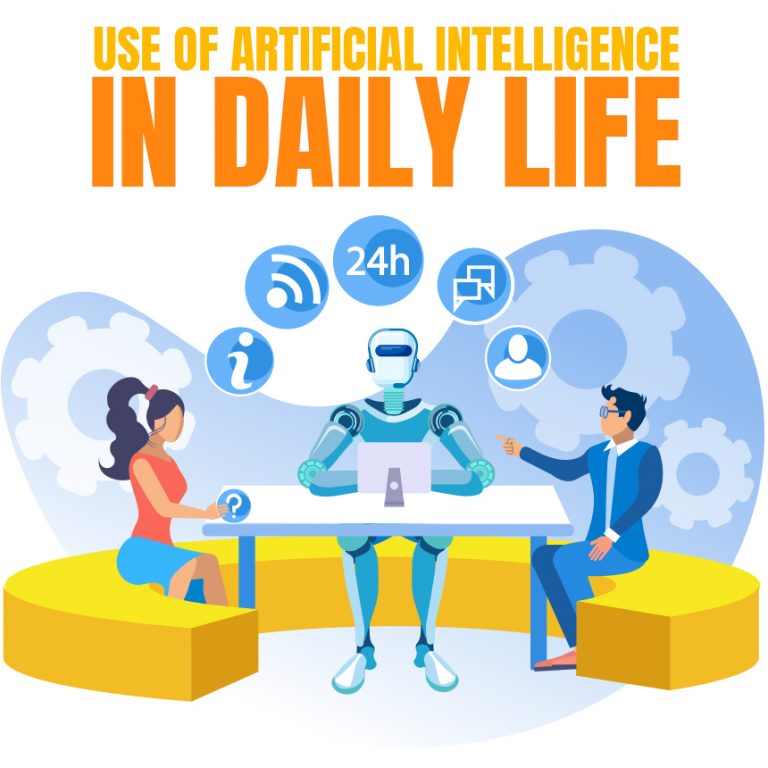
What exactly comes to your mind when we ask about Artificial Intelligence? Some of you would say it would bring destruction, and some might say it would take away jobs. Those who have curiosity might have already looked for answers and might say it already has marked its presence.
Data science is evolving, and so is the field of Artificial Intelligence. Thought of automating our day-to-day manual tasks has been provoking creative minds for many centuries. And the same thought has encouraged data scientists to keep feeding machines with human capabilities to do human tasks, such as playing chess, cooking, driving cars, etc.
Artificial Intelligence, also known as AI, is nothing but the simulation of human intelligence. The objective behind empowering machines with human thinking and acting abilities is to reduce redundant and mundane tasks. The aim is to train machines how to make critical decisions to solve human problems.
Although we are far from Cognitive AI, that is, the power to think and act as we humans do, companies across different industries already use some features of AI.
So how are companies using AI to stay ahead to meet future demands?
1. Automated Logistics:
Companies like Uber and TuSimple have already integrated AI in their vehicles, which collects thousands of data every second with the help of LiDAR sensors and 360-degree vision cameras. With the help of these data, AI can auto-drive cars and trucks and picking and dropping people and goods from one point to the next.
2. Manufacturing Industry Automation:
Many developed and top developing countries have big heavy machine manufacturing plants installed with Industrial Robots, which are in use since the last 3-4 decades, but currently use AI to have more precision and productivity. The use of AI is supported by the rising demand for vehicles, pieces of machinery, parts of heavy machines, industrial parts, and instruments.
3. Meeting Food Demands:
There are a few companies that use AI to develop food items by understanding how food compounds work at the molecular level and matching them with the original food compound structure. Then different compounds are mixed to create a food that tastes similar to the original food.
For example, NotMilk is a brand that produces milk out of plants. Beyond Meat is a company that produces non-GMO, gluten-free pea protein-based vegan meat products. Gardein is another company that offers fishless fish.
4. Auto-Recommendations on Products:
E-commerce giant company Amazon is known to introduce auto-recommendations of similar products that customers previously purchased or checked on the site. AI algorithms support this function by keeping track of customer engagement on the website. Then it matches products with similar features or products that are bought together most often.
5. Improving Communication with Customers:
Initially, very few companies used AI for improving their customer satisfaction ratings; however, currently, almost every company is using AI Chatbots for the same. These bots respond to customer queries as a human does, and reduces half of the customer service operation cost. Customers also perceive that the brands are customer-oriented and are available 24/7 to serve them.
AI has penetrated almost every business sector and is helping them for various other activities, such as sales, promotions, ad campaigns, work assignments, fast delivery of products and services, etc.
Except for ONPASSIVE, no other company is currently offering end-to-end business automation to cover every aspect of day-to-day operations that require human intervention without AI. But ONPASSIVE does it efficiently with the help of artificial intelligence embedded in their in-house developed tools for complete business automation.
AI is still not used at its optimum level, but it is helping companies achieve results more than expected. Its impact is immense, and the future of online businesses is nothing but complete automation.



Daniel sekyere
4 years ago
ONPASSIVE
4 years ago
Susie McCrea
4 years ago
ONPASSIVE
4 years ago